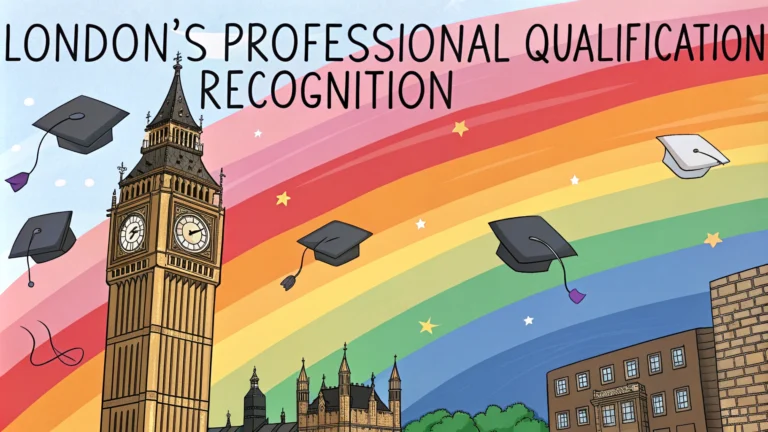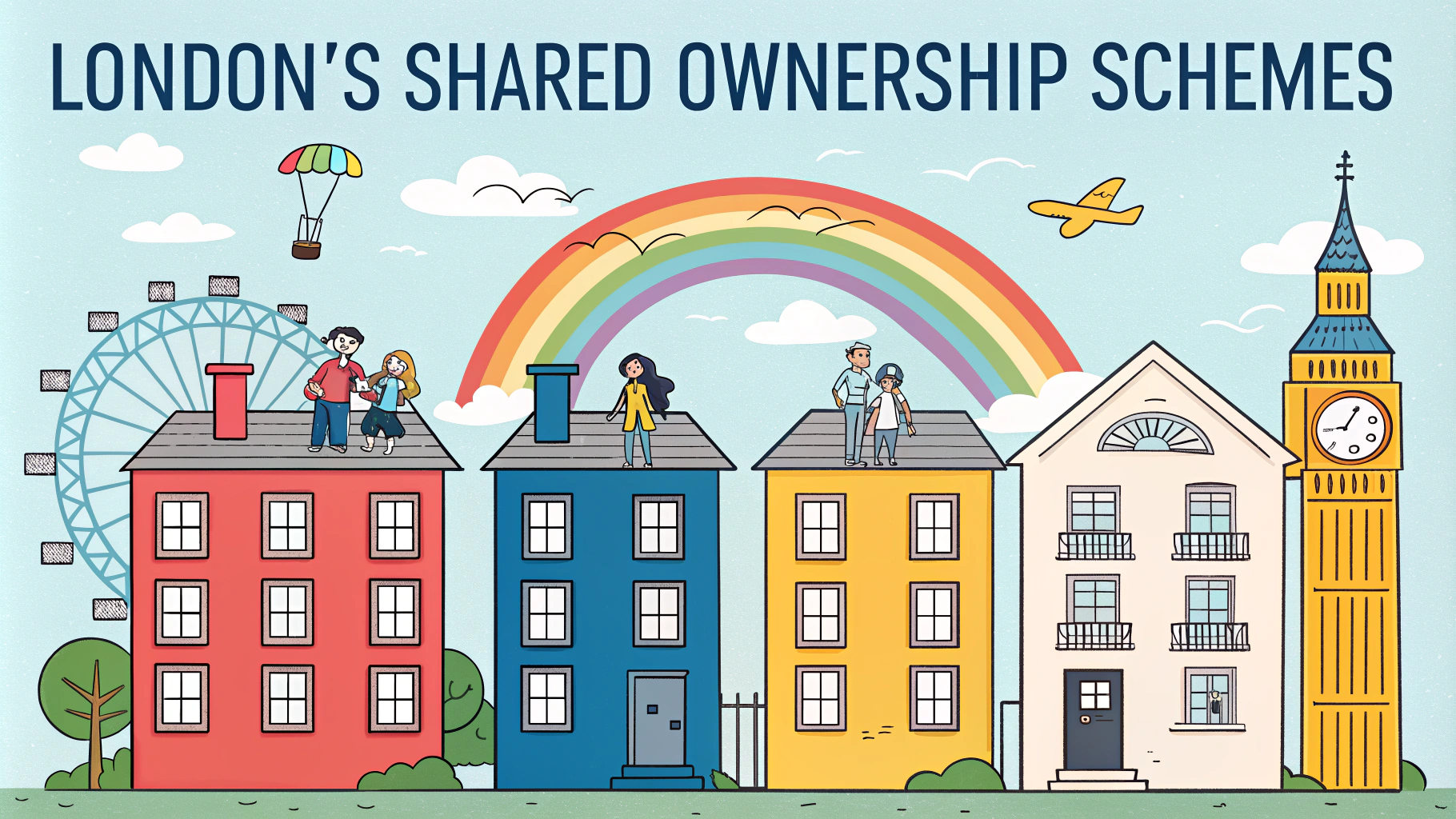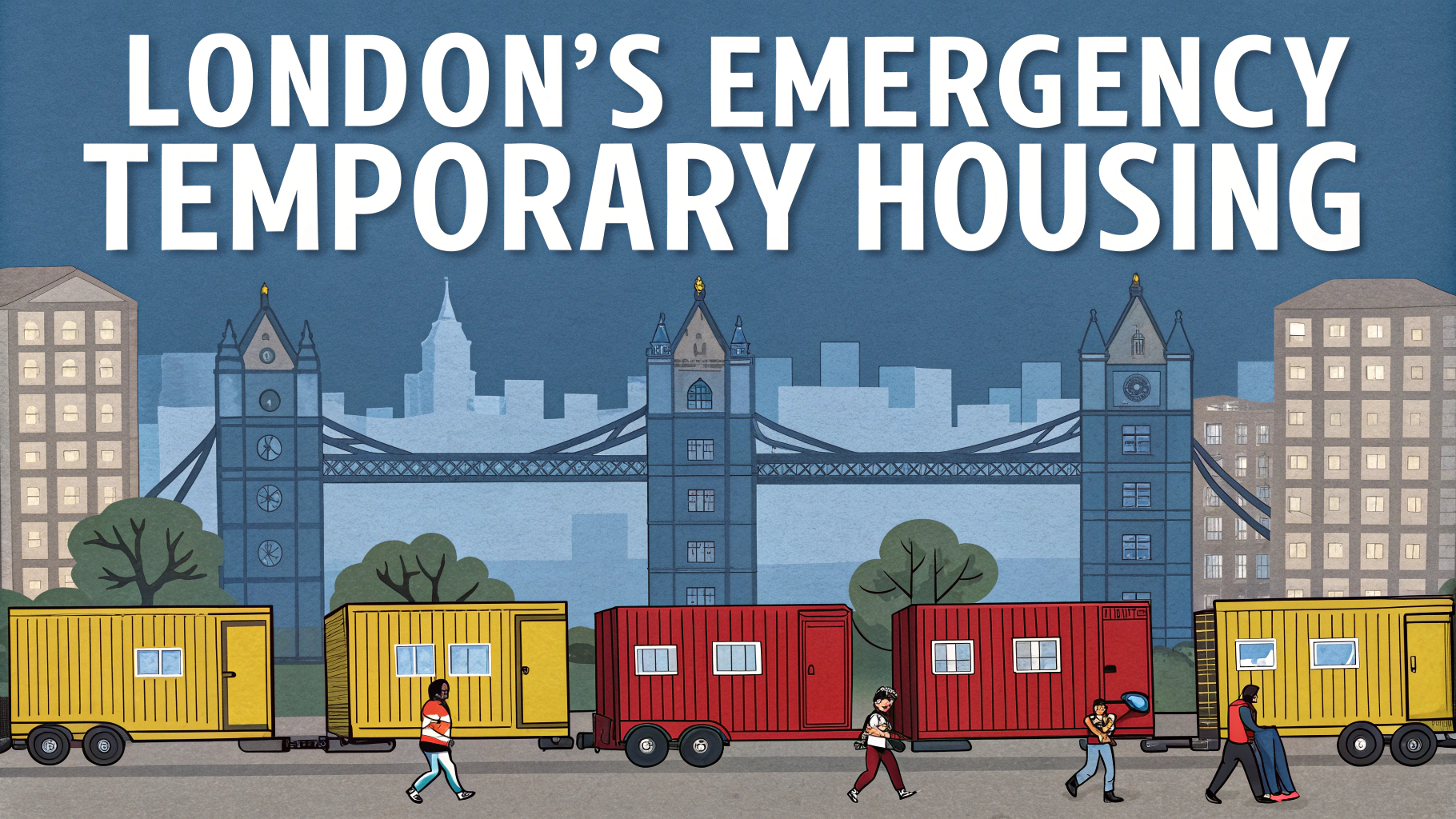Professional qualifications earned outside London often need formal recognition before you can practice your profession in the UK capital.
The process varies significantly depending on your profession, your country of origin, and whether your qualifications were obtained within or outside the European Economic Area (EEA).
This guide walks you through the recognition process, requirements, and key organizations that can help validate your professional credentials in London.
Key Professional Bodies in London
- Medical Professionals: General Medical Council (GMC) – www.gmc-uk.org
- Lawyers: Solicitors Regulation Authority (SRA) – www.sra.org.uk
- Engineers: Engineering Council – www.engc.org.uk
- Teachers: Teaching Regulation Agency – TRA Website
- Accountants: Institute of Chartered Accountants (ICAEW) – www.icaew.com
Recognition Process Steps
- Document Collection
- Original qualification certificates
- Transcripts of studies
- Professional experience documentation
- English language proficiency proof
- Translation
- All documents must be translated by certified translators
- Original and translated copies required
- Application Submission
- Submit to relevant professional body
- Pay applicable fees
- Provide additional documentation if requested
UK NARIC (ENIC) Assessment
UK ENIC (formerly NARIC) provides official qualification comparisons for international credentials.
| Service | Processing Time | Cost (2023) |
|---|---|---|
| Statement of Comparability | 10-15 working days | £59.40 |
| Fast Track Service | 2-3 working days | £99.40 |
Required English Language Tests
- IELTS: Most common requirement, typically 6.5-7.5 overall score needed
- OET: Specifically for healthcare professionals
- TOEFL: Accepted by some organizations
Timeframes and Costs
Recognition processes typically take 3-6 months depending on the profession.
| Profession | Average Timeline | Approximate Cost |
|---|---|---|
| Doctor | 6-12 months | £1,000-£2,500 |
| Lawyer | 3-6 months | £600-£1,500 |
| Teacher | 2-4 months | £300-£800 |
Next Steps After Recognition
- Register with professional bodies
- Obtain necessary insurance
- Join professional networks
- Consider additional UK-specific training
Getting Help and Support
Contact UK ENIC for general qualification inquiries: +44 (0)300 303 3377.
Visit the UK Government’s Professional Qualifications Portal for detailed guidance.
Consider joining professional associations in your field for networking and support during the recognition process.
Maintaining Your Professional Status
- Complete required Continuing Professional Development (CPD)
- Keep records of all professional activities
- Renew memberships and registrations on time
- Stay updated with UK industry standards
Common Challenges and Solutions
Documentation Issues
- Missing documents: Contact original institutions
- Expired certificates: Seek renewal or alternatives
- Translation delays: Work with multiple certified translators
Recognition Delays
- Submit complete applications first time
- Respond promptly to additional requests
- Consider fast-track options where available
Alternative Pathways
- Bridging courses for partial recognition
- Professional adaptation periods
- Supervised practice options
- Additional UK qualifications
Building Your Professional Network
Join professional bodies and attend industry events to:
- Connect with peers who completed the recognition process
- Access mentoring opportunities
- Find employment opportunities
- Stay informed about industry developments
Securing Your Professional Future in London
Successfully navigating the qualification recognition process is your first step toward a rewarding career in London. Maintain active professional memberships, pursue continuous learning, and engage with your professional community to ensure long-term success in your field.
- Keep detailed records of your recognition process
- Build strong professional relationships
- Stay informed about regulatory changes
- Pursue opportunities for career advancement
FAQs
- What is professional qualification recognition in London?
It’s the process of having your foreign professional qualifications officially recognized by UK regulatory bodies to practice your profession in London and the UK. - Which organizations handle professional qualification recognition in London?
UK ENIC (formerly NARIC) is the main organization for academic qualification recognition, while specific professional bodies like GMC (medical), SRA (legal), and ARB (architecture) handle professional qualifications in their respective fields. - How long does the qualification recognition process typically take?
The process typically takes 10-30 working days for UK ENIC assessments, but can take several months for regulated professions requiring additional verification or examinations. - What documents are required for qualification recognition?
Original qualification certificates, transcripts, proof of professional experience, identification documents, and certified translations if documents aren’t in English. - Do I need to get my qualifications recognized before moving to London?
For regulated professions like medicine, law, and teaching, yes. For non-regulated professions, it’s recommended but not always mandatory. - What is the UK ENIC Statement of Comparability?
It’s an official document comparing your overseas qualifications to their UK equivalents, widely accepted by employers and institutions in London. - How much does professional qualification recognition cost?
UK ENIC services start from £55 for basic comparability statements, while professional body recognition fees vary significantly, ranging from £100 to over £1,000. - Are qualifications from EU countries automatically recognized in London post-Brexit?
No, automatic recognition ended with Brexit. EU qualifications now need to go through the same recognition process as those from non-EU countries. - What happens if my qualification isn’t fully recognized?
You may need to complete additional training, examinations, or adaptation periods to meet UK standards, or consider alternative career paths. - Can I appeal a qualification recognition decision?
Yes, most regulatory bodies have formal appeal procedures, though specific processes and fees vary by organization.








